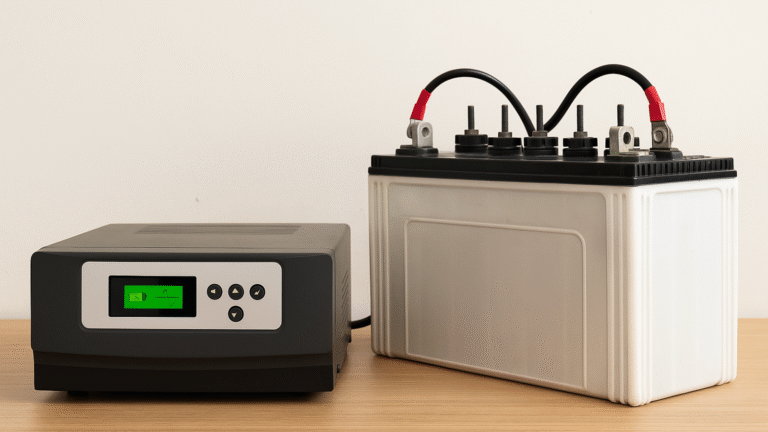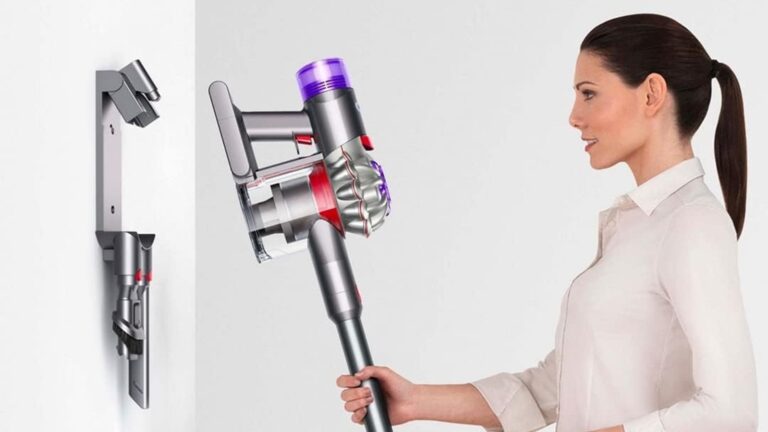A battery that doesn’t give up when the cold sets in – now that’s something worth talking about. According to an Interesting Engineering report, Wiltson Energy has managed to build a lithium-ion battery that powered equipment on Mount Everest for 12 days straight, all while the mercury hovered at minus 40. Not a typo. Minus 40, where Celsius and Fahrenheit finally agree. Most of us can’t even imagine standing outside for five minutes in that kind of cold, let alone expecting our gadgets to work.

The Everest Test
Wiltson didn’t just send their battery to a fancy lab and call it a day. They took it straight to Everest, where excuses don’t count for much. The team reworked the chemistry inside, using low-temperature lithium iron phosphate, and packed it into a steel-cased module. No extra heaters, no backup plan, just the battery and the mountain. The result? It kept scientific equipment running for nearly two weeks, holding on to more than 80 percent of its power even as the temperature stayed at minus 40. Most batteries would have tapped out in a few hours, but this one kept going, day after day.
Why does this matter? Anyone who’s ever tried to use their phone on a cold morning knows how quickly batteries lose their nerve when the temperature drops. On Everest, that’s not just inconvenient, it’s dangerous. Researchers and climbers rely on their gear to work, no matter what the weather throws at them. Wiltson’s test wasn’t just about showing off, it was about proving that reliable power in the cold isn’t just a wishful thought.
What this means for the rest of us
So, what’s the big deal for those of us who aren’t planning an Everest expedition anytime soon? Think about the folks living in places where winter isn’t just a season, it’s a way of life. In Ladakh, Alaska, or even parts of Canada, people have to plan their day around whether their backup power will work. Would you trust your solar setup in January if you knew your battery wouldn’t flinch at minus 40? That’s the question Wiltson’s breakthrough puts on the table.
Robert Xie, Wiltson’s chairman, says this could be a game changer for off-grid homes, research stations, and anyone who needs reliable power when the weather is anything but friendly. No more clunky external heaters or complicated workarounds, just a battery that does its job. If this technology makes its way into the market, it could mean uninterrupted power for people who have always had to worry about the cold.
This isn’t just a technical win, it’s a practical one and could make life a little easier for people who live and work where the cold doesn’t let up. Maybe next time you hear about a battery breakthrough, it won’t just be another lab story. It’ll be about real people, in real places, getting the power they need, no matter what the thermometer says.



















